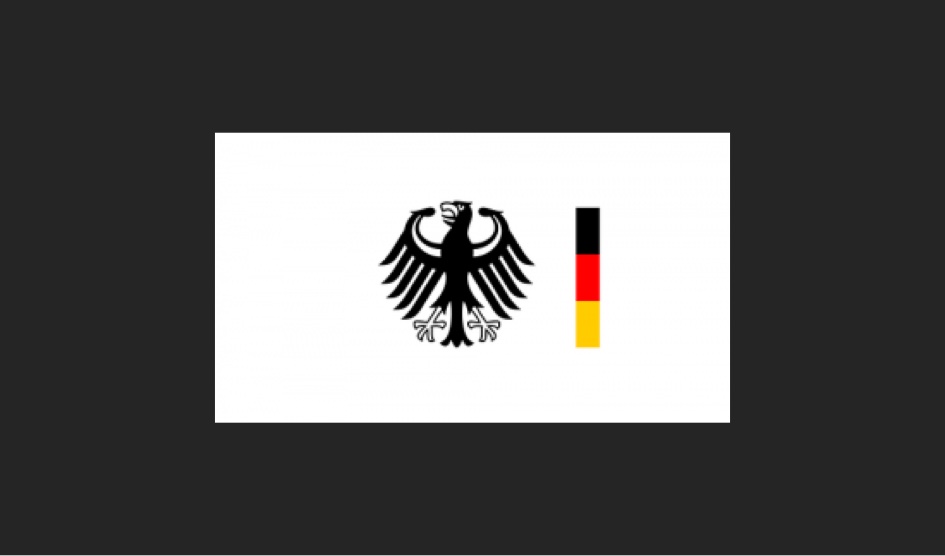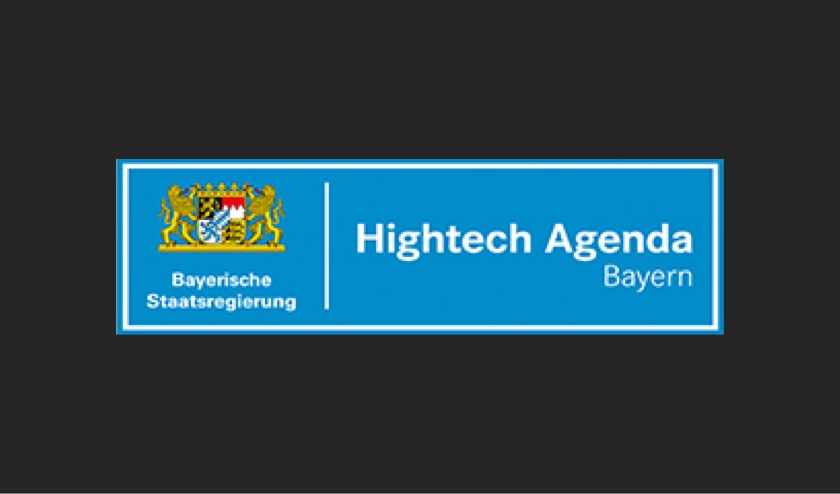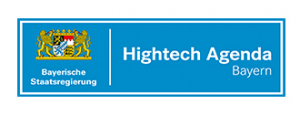Wir verwenden Cookies, um unsere Website und unseren Service zu optimieren.
Die technische Speicherung oder der Zugang ist unbedingt erforderlich für den rechtmäßigen Zweck, die Nutzung eines bestimmten Dienstes zu ermöglichen, der vom Teilnehmer oder Nutzer ausdrücklich gewünscht wird, oder für den alleinigen Zweck, die Übertragung einer Nachricht über ein elektronisches Kommunikationsnetz durchzuführen.
Die technische Speicherung oder der Zugriff ist für den rechtmäßigen Zweck der Speicherung von Präferenzen erforderlich, die nicht vom Abonnenten oder Benutzer angefordert wurden.
Die technische Speicherung oder der Zugriff, der ausschließlich zu statistischen Zwecken erfolgt.
Die technische Speicherung oder der Zugriff, der ausschließlich zu anonymen statistischen Zwecken verwendet wird. Ohne eine Vorladung, die freiwillige Zustimmung deines Internetdienstanbieters oder zusätzliche Aufzeichnungen von Dritten können die zu diesem Zweck gespeicherten oder abgerufenen Informationen allein in der Regel nicht dazu verwendet werden, dich zu identifizieren.
Die technische Speicherung oder der Zugriff ist erforderlich, um Nutzerprofile zu erstellen, um Werbung zu versenden oder um den Nutzer auf einer Website oder über mehrere Websites hinweg zu ähnlichen Marketingzwecken zu verfolgen.
 Prof. Dr. Claudia Linnhoff-Popien was appointed to the panel of experts charged with drawing up a national roadmap for quantum computing. This panel was established by decision of Chancellor Angela Merkel and supported by the State Secretaries of the Federal Ministry of Finance, the Federal Ministry of Education and Research, and the Federal Ministry for Economic Affairs and Energy. The experts met for the first time on October 6, 2020. Virtually, of course.
Prof. Dr. Claudia Linnhoff-Popien was appointed to the panel of experts charged with drawing up a national roadmap for quantum computing. This panel was established by decision of Chancellor Angela Merkel and supported by the State Secretaries of the Federal Ministry of Finance, the Federal Ministry of Education and Research, and the Federal Ministry for Economic Affairs and Energy. The experts met for the first time on October 6, 2020. Virtually, of course.


